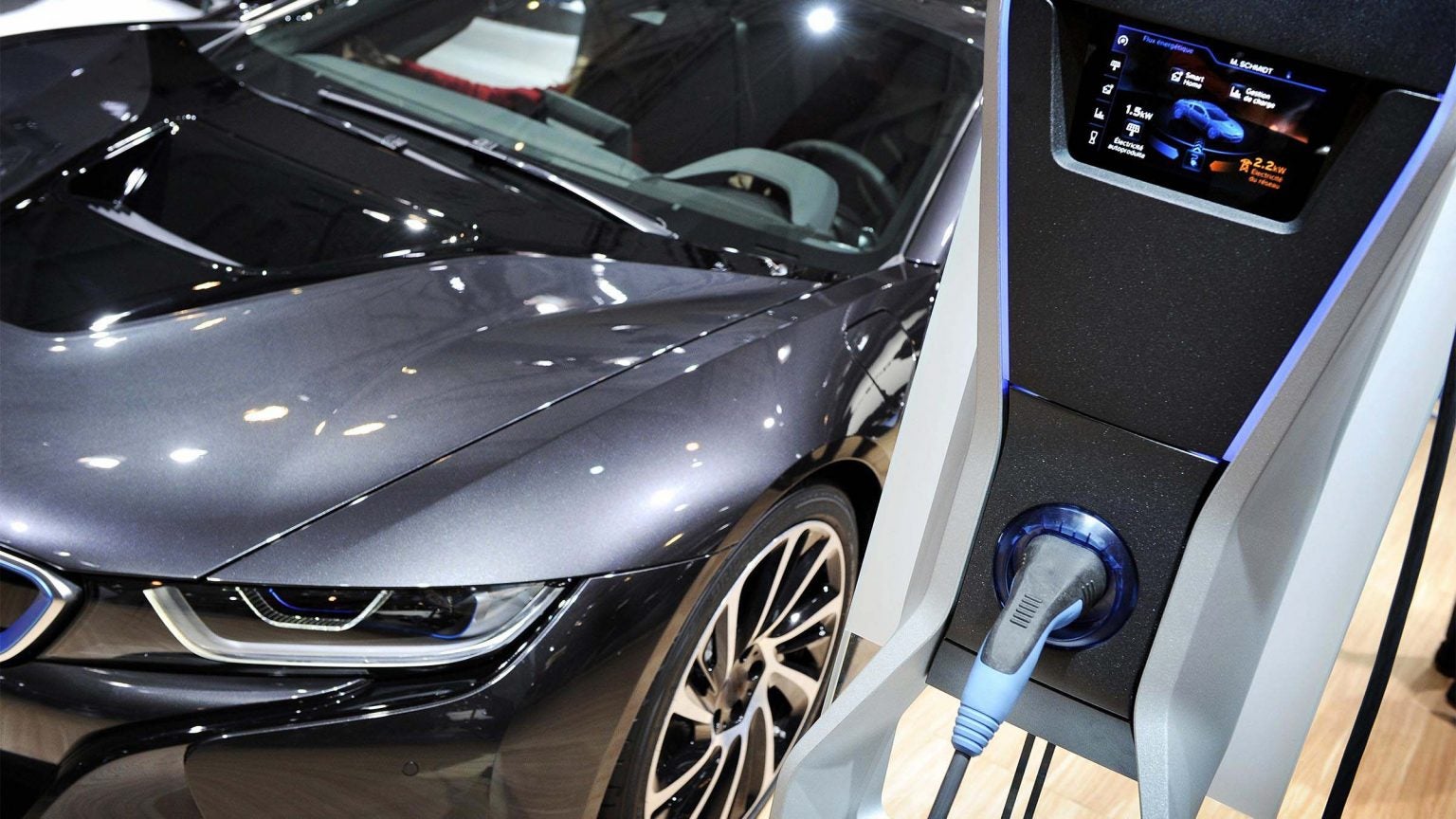
Sales of electrically-chargeable cars increased 10-fold over the past five years, reaching 1.7m units last year (or 18% of the total market) while the number of public chargers in the EU grew by just 2.5 times over the same period, ACEA said.
According to new cross-industry research based on analysis by McKinsey, up to 6.8m public charging points would be required across the EU by 2030 to reach the proposed 55% CO2 reduction for passenger cars. This is almost twice the number put forward by the European Commission in its Alternative Fuels Infrastructure Regulation (AFIR) proposal, which is now under negotiation in the European Parliament and Council.

Discover B2B Marketing That Performs
Combine business intelligence and editorial excellence to reach engaged professionals across 36 leading media platforms.
This means that up to 14,000 public charging points for all vehicle segments would need to be installed EU-wide every week compared to under 2,000 per week currently.
“The transition to zero is a long-term race,” said ACEA president and BMW CEO, Oliver Zipse.
“The key challenge now is to convince all member states to pick up the pace in deploying the required infrastructure.
“We absolutely need an ambitious conclusion of the AFIR proposal, both in terms of its timing and the targets it sets for each EU country.”
Although sizeable investments would be required at the outset, these represent just a fraction of the total investment into comparable infrastructure projects and would bring huge environmental benefits, ACEA claimed.
The new research paper estimated the annual costs for public charging infrastructure at EUR8bn or around 16% of investment into 5G and high speed internet networks.
The locations, space and power output levels needed for heavy duty vehicle infrastructure are substantially different to those for passenger cars. According to the research paper, trucks would require 279,000 charging points by 2030, of which 84% would be in fleet hubs.
The remaining charging points would be predominantly public, fast along-highway (36,000) and public overnight charging points (9,000).
SMMT details EV progress and ambitions






